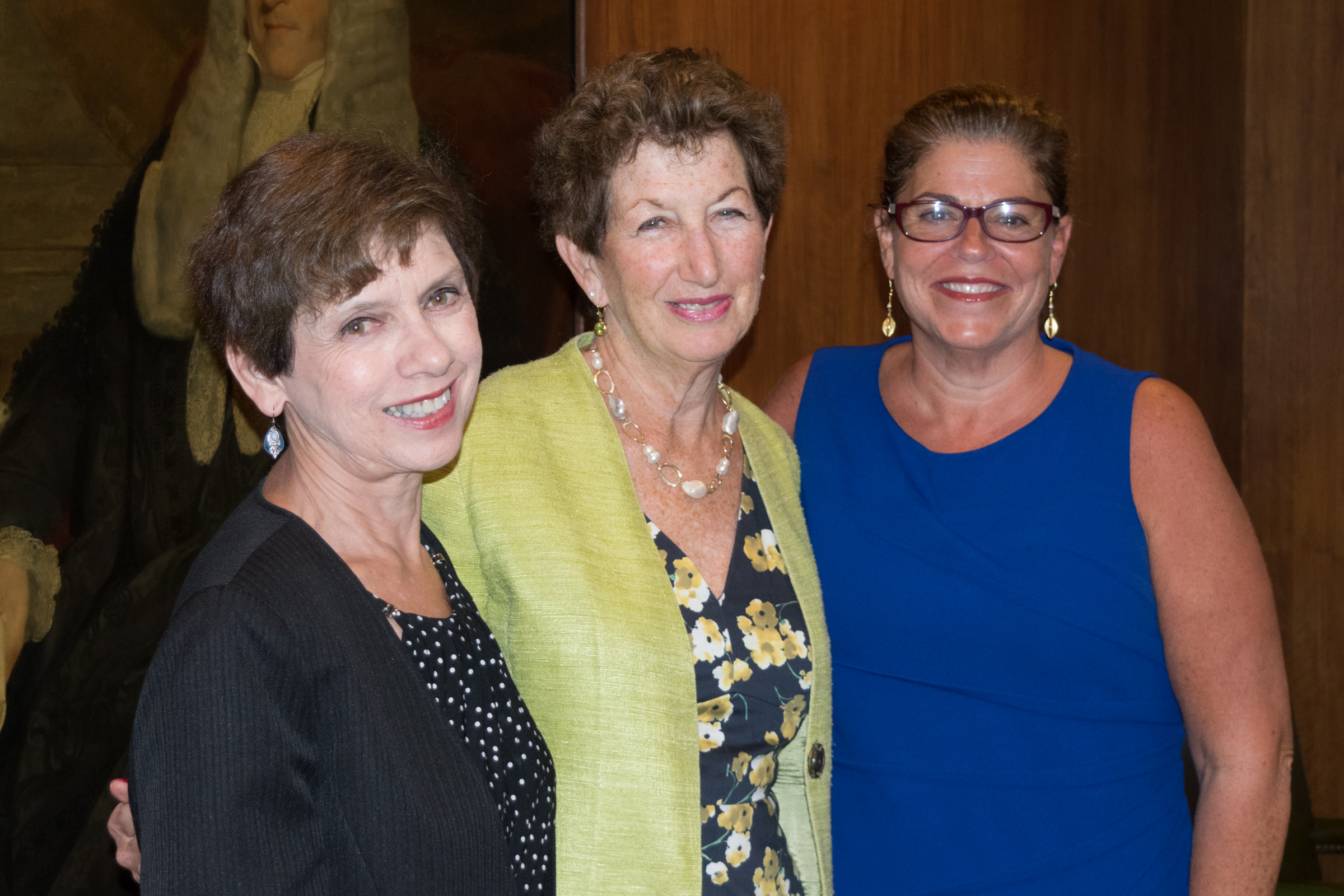Brooklyn Bar Association CLE covers new sexual harassment laws in New York State

New York State is finally taking sexual harassment in the workplace seriously and has implemented a series of new laws and statutes over the past 18 months. In order to make sense of these new rules, the Brooklyn Bar Association hosted a continuing legal education (CLE) seminar to help local attorneys understand the rights and requirements.
Justice Katherine Levine, Kings County Supreme Court, Civil Term, and attorneys Rachel Demarest Gold and Joan Lenihan took part in a discussion entitled, “New Sexual Harassment Reporting Requirements and First Amendment Implications” at the bar association on Tuesday, Sept. 24.
“The bottom line is that we all have the right to go to work, make a living and feed our families without being subjected to harassment and discrimination in the workplace, plain and simple,” Demarest Gold said.

Brooklyn Boro
View MoreNew York City’s most populous borough, Brooklyn, is home to nearly 2.6 million residents. If Brooklyn were an independent city it would be the fourth largest city in the United States. While Brooklyn has become the epitome of ‘cool and hip’ in recent years, for those that were born here, raised families here and improved communities over the years, Brooklyn has never been ‘uncool’.